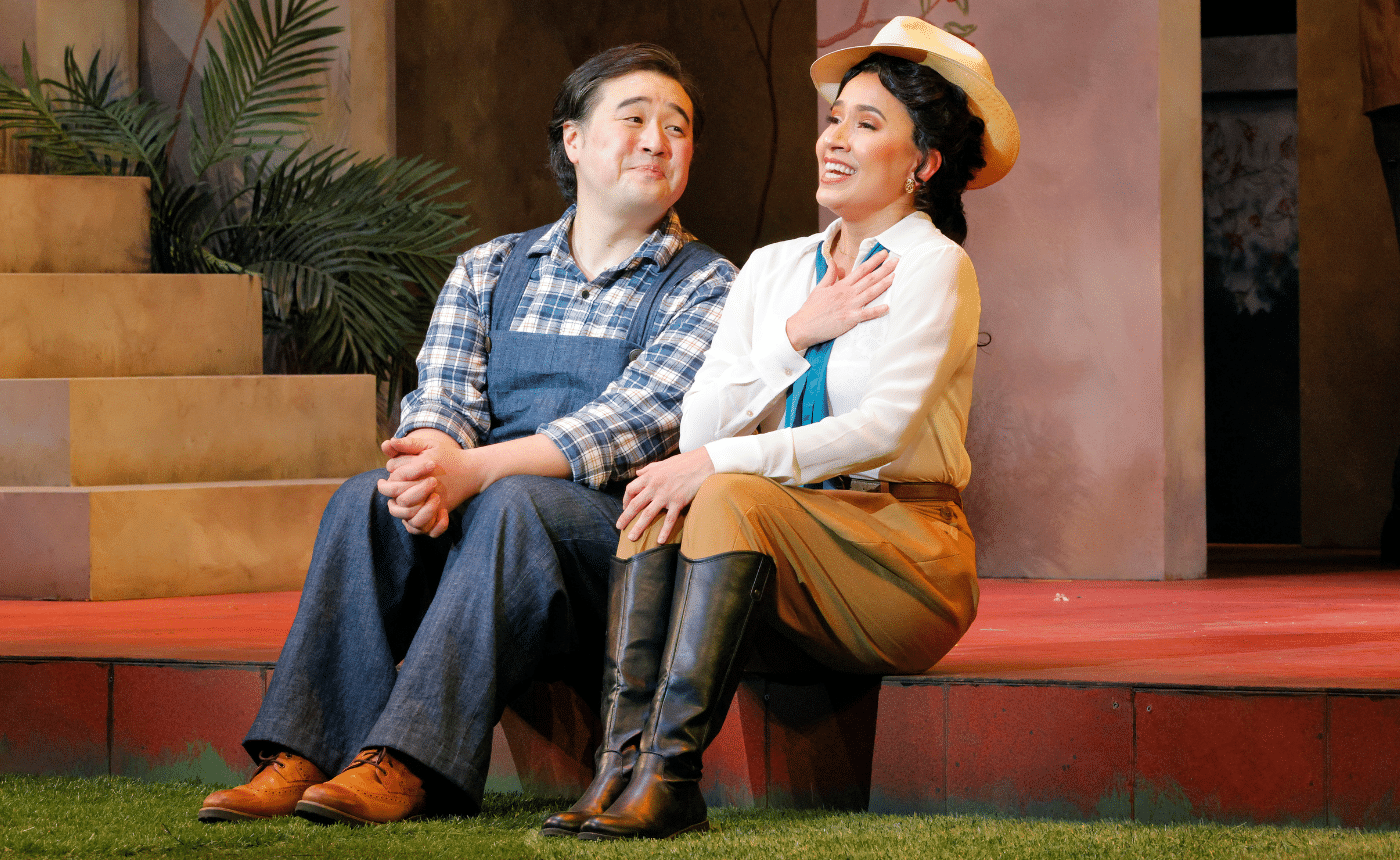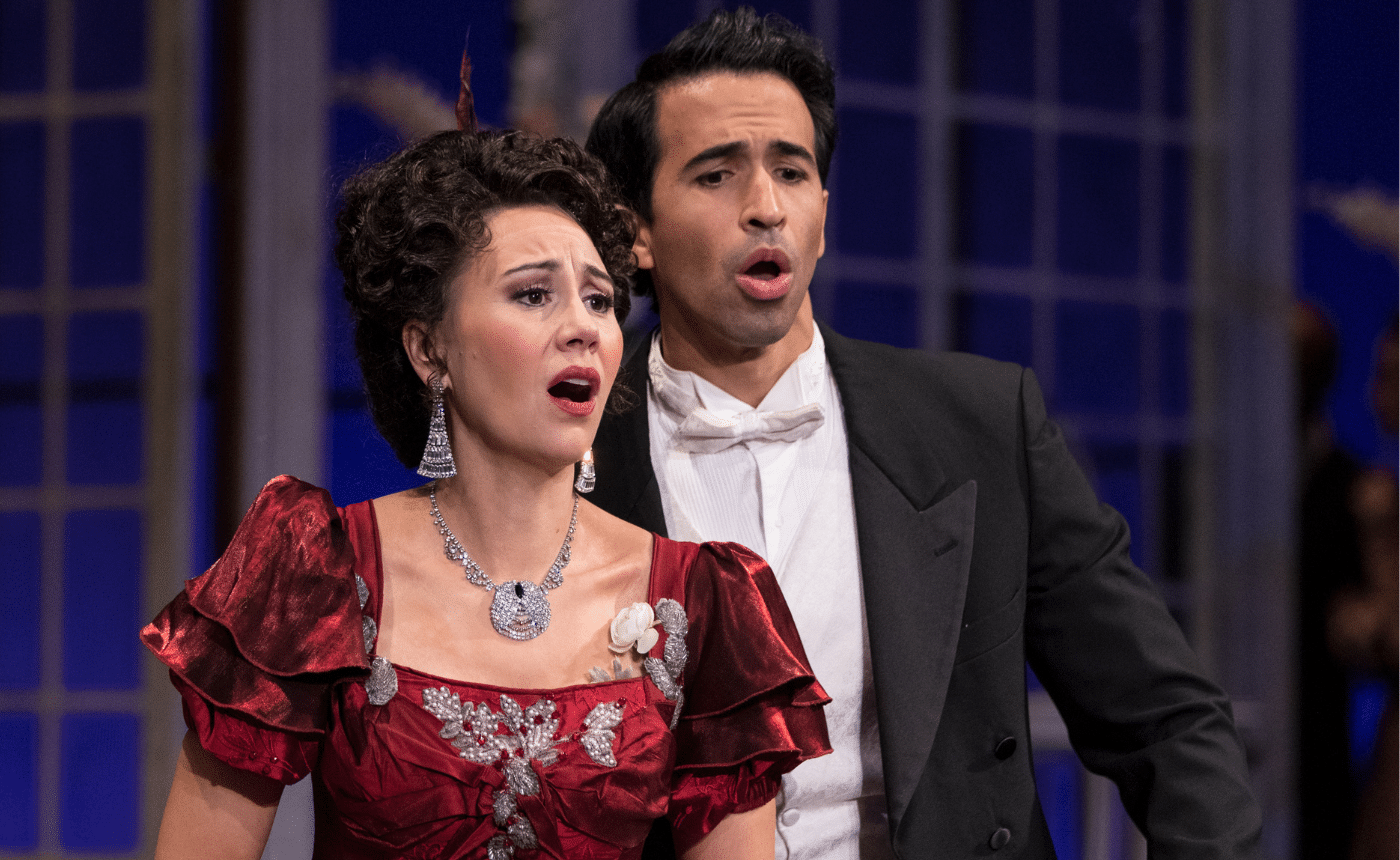Imaginary Interview with Monsieur Triboulet – Jester to King Francis I.
Research into the source material for Rigoletto led me on a relatively uneventful journey. It’s a straight-line road with only a single possible destination – Victor Hugo and his tragic play Le roi s’amuse. Verdi and his librettist Piave created such a respectfully faithful operatic version of the original drama that the comparisons scene to scene and character to character are essentially one to one and require no particular insight to parse at first glance. As I read through the Hugo work, though, I found myself fascinated with the malignant court jester Triboulet and began to understand Verdi’s particular attraction to his part in the tale. Verdi considered Triboulet a “creation worthy of Shakespeare” and after judiciously renaming him Rigoletto (based on the French rigoler – to laugh) he named the opera, and hence the entire story, after him.
While I listened later to the fantastic music of the opera and read the words of its main character, my mind kept going back to Triboulet, not Hugo’s character but the actual historical figure he was based on and the true headwaters of the inspiration that led to Rigoletto. Triboulet’s sad life among the nobility of 15th/16th century France must have been a constantly fitful volley between their laughter and scorn. His job, such as it was, included general entertainment, some occasional palace intrigue and, when the courtiers’ whims dictated, a limited taste of the privileged class. He was perfect for it, built for it in fact. His rapier wit made them howl. His finesse in the arts of foul play made him indispensable during their political sparring matches. And his unfortunate physical deformities required them to keep him at a comfortable, expensively-clad arm’s length. He was their fool, their hilarious, spiteful hunchbacked fool.
I had so many questions for him. What kind of toll does it take to suffer such disdain? And to know that your own actions will eventually make you worthy of it? And to do it all anyhow though you know enough secrets about the petty horrible people you work for to keep your beloved daughter hidden from them? Hugo’s Triboulet, like his more modern incarnation Rigoletto, was as much the author as victim of his personal tragedy. If only I could have asked him (the real one) about it. I understood him, I believed, and if I could have simply interviewed him, it might well have gone a little something like…
JC: So, when did you begin…performing for King Francis I?
Triboulet: It started before him actually, with King Louis XII. His majesty heard that his footmen were antagonizing the village idiot – me – and demanded I be presented to him. I suppose I…well, impressed him.
JC: Just like that? He made you his jester on the spot?
Triboulet: Of course. Look at me.
JC: Yeah, we should talk about that.
Triboulet: What’s to discuss? It is my lucky birthright to look as I do. The absurdly small size of my head is due to a condition called microcephaly. The hump is real too but, in truth, I do favor it a bit for effect. I was truly born to this life. This blessed life.
JC: I…okay. Was it different with Francis I? Your role in the court?
Triboulet: Role? With Louis I was a mere buffoon, a curiosity. Francis made me necessary. I was his Iago, more present in court than his chief consort.
JC: Really? Did you begin to feel like you were one of them? The nobility?
Triboulet: Of course! I spread their rumors for them. I delivered their insults when they feared to. I was the all-knowing shadow during all of their ridiculous jealousies. You don’t trust that sort of role to the fool. That is the function of a colleague.
JC: You can’t truly believe that.
Triboulet: No?
JC: No. You were a pet to them. They mocked you openly. Come on, why else would you have worked so hard to keep your daughter a secret?
Triboulet: You have me confused with Monsieur Hugo’s and Maestro Verdi’s versions of me. Sadly, I was childless.
JC: Oh…I apologize…
Triboulet: But had I been a father – and of a daughter no less – rest assured that I would have kept her away from the palace at all costs.
JC: Why?
Triboulet: It was no place for her. It was a place for vipers.
JC: Exactly, vipers! Including, by all accounts, you by the time King Francis began to tire of you.
Triboulet: Maybe so, maybe so. But I survived did I not?
JC: But at what cost? They treated every aspect of your existence with such smiling disgust. Not even your daughter was out of bounds. It drove you to arrange a murder!
Triboulet: Again, sir, you mistake me for…
JC: Right, sorry. At least please tell me how you survived. What did you have to become to endure it for so long, through two kings and countless other noble men?
Triboulet: Hmm. That question gives me pause.
JC: Take your time.
Triboulet: No, no. Time is something I want no more of. I will answer thusly: My tears were no less salty than their spit.
JC: I’m not sure I…
Triboulet: Look, you called my bluff correctly before. I was never their colleague. I was only their jester. But even a jester can make perfect use of himself, if cunning enough and willing enough to employ a certain viciousness on occasion. It is true that in their sport I was merely the ball, but it is just as true that without the ball, the games could not be played. I’ll ask you a question now that you, even though you have already answered in your preamble. Who is most remembered today? Did Maestro Verdi name his opera for one of the court lackeys? The monarch himself? Or even my daughter? Or did he name it for a fool?




